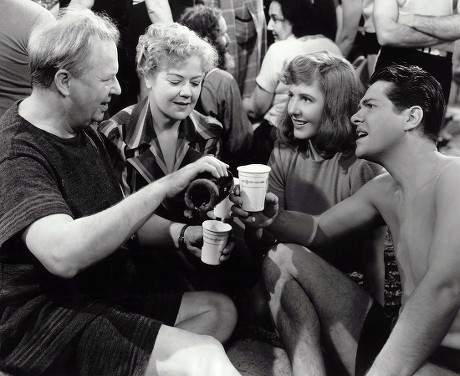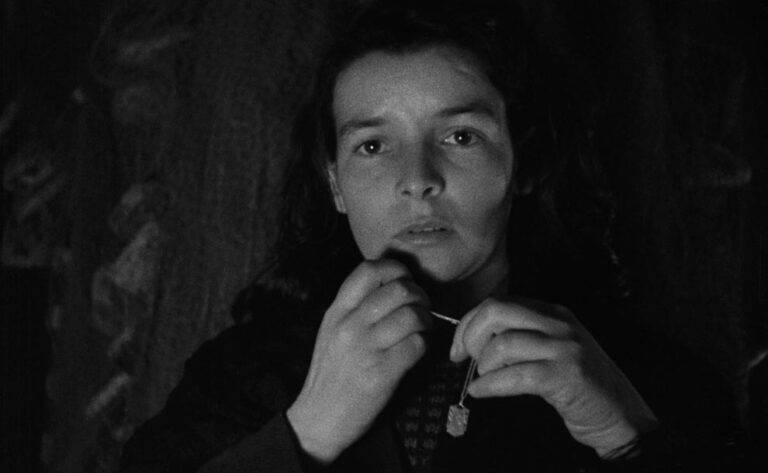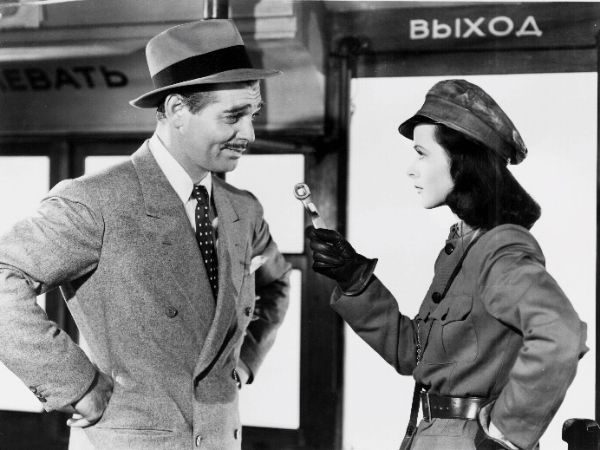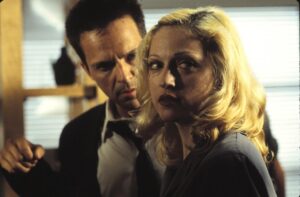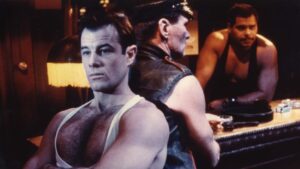![]()
Too Late for Tears (1949) Directed by Byron Haskin
Film noir’s most implacable obsessions permeate the mood of this caustic post-war noir. Greed, lust and murder! Lizabeth Scott plays the sinister, venomous femme fatale Jane Palmer, a married woman unsatisfied with her modest middle-class existence, she craves profligacy and a lifestyle filled with extravagance. Her avaricious dream comes true when she stumbles by mere chance upon a bag containing $60,000 of dubious provenance. She plans to keep it, naturally, but her gullible husband – too naive to sense the psychopathic narcissism of his conniving wife – isn’t convinced that doing so is the smart thing to do. After the rich but lethal serendipity, a whole series of devious schemes are consummated by the cold mind of Jane, who does not hesitate – rather relishes – in murdering whoever uncovers her illicitly precious treasure. An outstanding as usual Dan Duryea shows up as the sleazy dramatic antagonist in the tale, who despite being just as unethical as Jane… Jane beats him in malevolence.
Even though director Byron Haskin wastes a considerable amount of time on domestic verbiage, his seasoned cinematographer’s eye and his craft as a former special effects whiz lends agility to the bare-bones filmmaking and seedy complexity to the flat, boxy mise-en-scène. Yet much of this noir’s ferocious entertainment comes unmistakably from the monstrous performance of the criminally underrated Lizabeth Scott. If you think Barbara Stanwyck’s Phyllis or Gene Tierney’s Ellen are two of the most ruthless, meanest femmes fatales in film noir lore, just wait until you witness the unsurpassed cruelty of Lizabeth Scott’s cold-blooded Jane.
The crude use of L.A. – no glamour is displayed, only airs of decadence – as a metaphorical location for the most ambitious fantasies corroding the souls that traverse Hollywood Hills is the perfect premonition to shape a fateful arc for the murderous sins of our nefarious protagonist. This pulpy noir distributed by United Artists was a total box office debacle in 1949, perhaps the audience’s sensibilities or the critics’ insufferable puritanism was not prepared to receive such a cynical pummeling offered by this barefaced thriller. Today, the patronizing politics of the plot may be seen as outrageously passé, but the mordant portrayal of the fetishes associated with film noir remain hauntingly modern.

